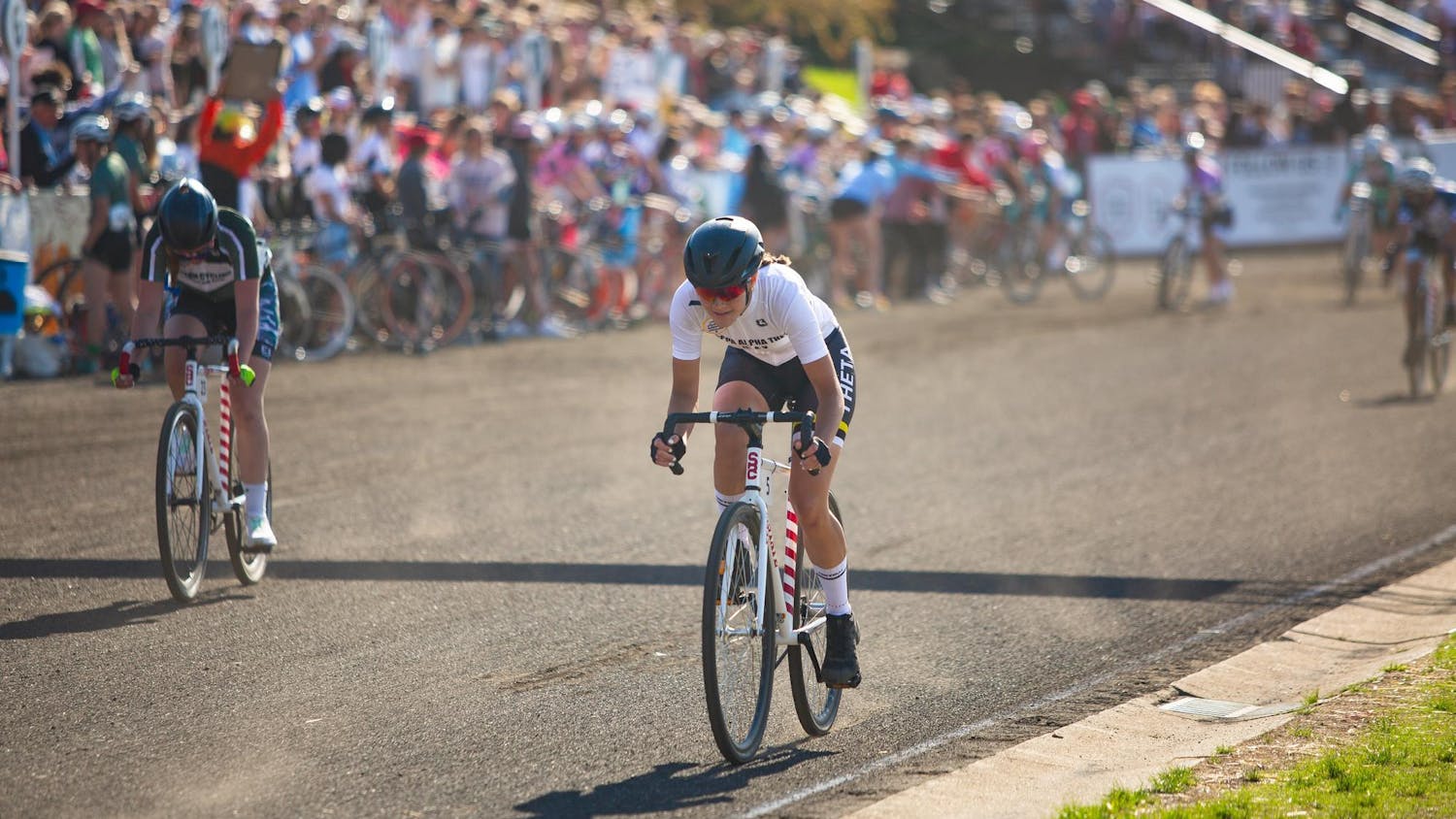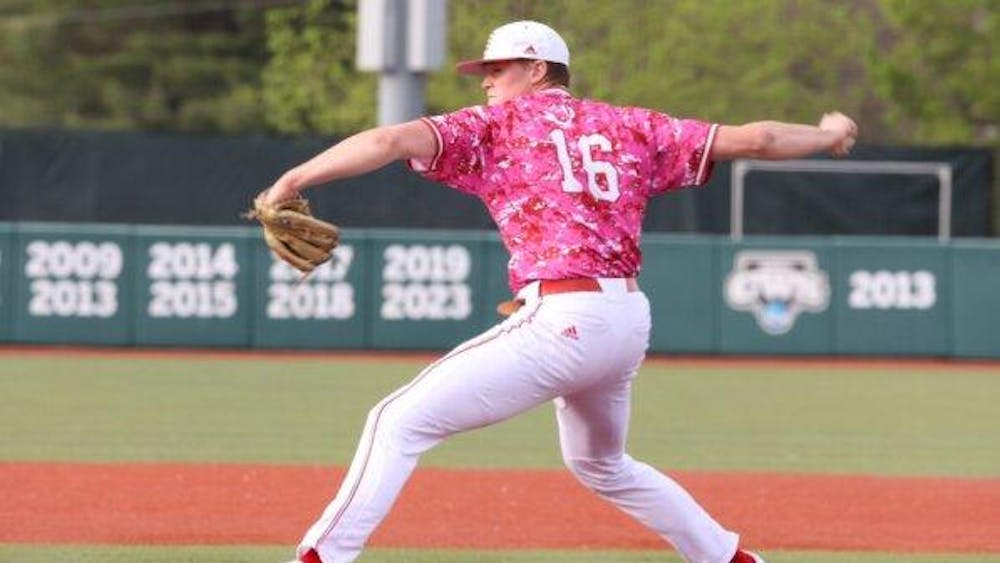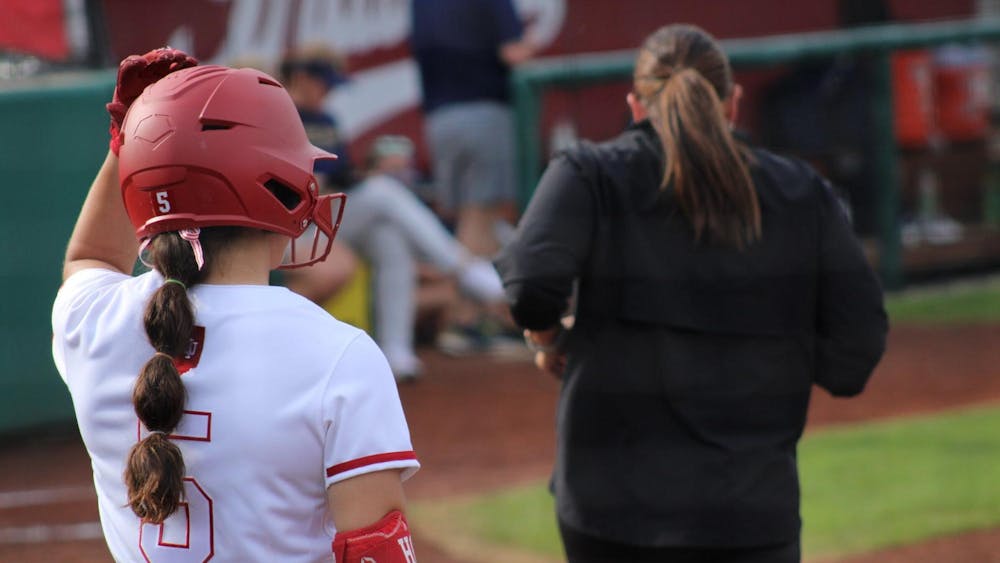Nobody is perfect.
And yet, the word is used in our everyday vocabulary, perhaps no more than in sports culture.
The pursuit of perfection is the objective for exceptional teams. The 1972 Dolphins and 1976 Hoosiers are paradigms to which every team whose record ends with zero are inevitably compared.
But perfection isn’t just a historic endeavor. It is flirted with every year, from the 2007 Patriots to the 2014 Wichita State Shockers.
The result is that perfection has become normalized in the sporting world, and that’s a problem.
Why? Because it dehumanizes athletes.
If the aim of sports teams is perfection, then that aim disregards human nature. It teaches athletes to strive for something intangible.
Juxtapose that message with the imperfections we see off the field and court, and the results are jarring.
It’s Jameis Winston yelling obscenities in his school’s student union. It’s Paul George tweeting his two cents about the Ray Rice scandal. It’s Josh Gordon jeopardizing his rising star power by getting his second drug-related suspension in three seasons.
Athletes are expected to be perfect game in and game out. The psychological duress of that expectation has to be vented through other means.
Enter the challenge for young athletes, many of whom grew up in an environment where leisure was synonymous with drugs, alcohol and immature behavior.
Compound that challenge with a fact of basic genetics. The prefrontal cortex, the part of the brain responsible for decision making, doesn’t fully develop until age 25.
This season, the most common player age in the NFL is 24. There are nearly 400 active players younger than that age.
In the NBA, almost 40 percent of players fell between age 22 and 25 last season.
That means even with the knowledge that working as a professional athlete requires more accountability, ?repercussions aren’t fully conceivable to players until the prime of their careers.
Throw college athletes in the equation, and it’s no wonder why IU basketball has experienced the off-the-court problems it has recently.
This is not to excuse anyone’s behavior. Rather, it’s meant to reinforce the importance of containing it.
There is, undoubtedly, a cultural leniency when it comes to college and professional athletics. In an environment that places athletic ability atop the hierarchy, this translates into lesser urgency to cultivate good behavior.
Fans, coaches and even commissioners may be quick to excuse infractions for the better of the sport or team.
This is where the importance of the coaching staff cannot be understated. Instead of loosening the structure, coaches need to be able to instill these fundamental values in their players.
Off-court work is just as important as on-court work — and recognizing that athletes are young men and women with individual temperaments is a crucial step in achieving any sort of success.
Similarly, allowances for human nature, for mistakes, are intrinsic to our understanding as fans.
It’s been nine days since IU Coach Tom Crean laid down suspensions for Troy Williams, Stan Robinson and Emmitt Holt. Perhaps unavoidably, the success of this season will affect our memory of those events.
Many fans might be willing to forget because they want the team to succeed.
I’m inclined to forgive, because players are human and, by definition, imperfect.
And if we strive to coach perfection within the game, why isn’t there a greater emphasis to coach athletes to similar success outside of it?
vziege@indiana.edu





